#MutuallyMann is an interactive reading experience and a space for transatlantic conversation in times of social distancing and quarantine. We, the Thomas Mann House and the S. Fischer Verlag publishing house invited readers from all over the world to read Thomas Mann’s essay Germany and the Germans. The lecture was given by Mann right after the end of World War II at the Library of Congress in Washington D.C., New York and Los Angeles. He addressed Germany through the lens of his own experience and exile during the war.
The second edition of #MutuallyMann was an opportunity to re-read Mann’s thoughts against the backdrop of today’s transatlantic relationship and to share ideas, questions, images or favorite quotes on social media over the course of three days. Users could post their opinions, photos and comments in English or German on social media with the hashtag #MutuallyMann. The initiatives were accompanied by text and video contributions from writers, intellectuals and renowned Mann researchers. Check out our social wall to read all the contributions by our experts and see what was happening on #MutuallyMann.
#MutuallyMann 2 – Germany and the Germans. Find all contributions here.
Among the participants of the second initiative in November and December 2020 were the writers Olga Grjasnowa, Jagoda Marinić, Max Czollek and former Villa Aurora Fellow Juan Guse, music critic Alex Ross (The New Yorker), David Morris (Library of Congress) and Katrin Bedenig (Director of the Thomas Mann Archive Zurich), renowned Thomas Mann expert Hans Vaget (Smith College), the literary scholars Veronica Fuechtner (Dartmouth College) and Stefan Keppler-Tasaki (University of Tokyo), the German studies scholars Meike Werner (Vanderbilt University) and Kai Sina (University of Münster), as well as Thomas Mann Fellow and journalist Maria Exner (Die Zeit).
#MutuallyMann 1 – Mario and the Magician. Find all contributions here.
Among the participants of the first initiative in April 2020 were Tobias Boes, Professor of German and literary scholar; Adrian Daub, Professor of Literature at Stanford; Veronika Fuechtner, Professor of German; Elisabeth Galvan, Professor of German Literature; Morten Høi Jensen, author and critic; William Kinderman, acclaimed pianist and Professor at the UCLA; Friedhelm Marx, Thomas Mann Fellow and Professor of German Literature; Andreas Platthaus, Thomas Mann Fellow and head of literature and literary life at Frankfurter Allgemeine Zeitung; Hedwig Richter, Professor of Modern and Contemporary History; Donna Rifkind, author of The Sun and Her Stars; Alex Ross, music critic for The New Yorker, Kai Sina, Professor of German Literature; Katharina Sykora, Thomas Mann Fellow and art historian and Hans Wißkirchen, President of the German Thomas Mann Society.
Sign up for our newsletter to stay up to date on future programs!
Previously On #MutuallyMann
#MutuallyMann – All Contributions
Three days of mutually reading Mann’s Germany and the Germans come to an end.
We would like to thank you all for the inspiring and creative contributions. We collected the texts and videos here, so you can get a better overview and look through them again. Also, many many thanks to everyone who posted, commented and discussed with us over the last week. 💐🎈
We hope you all found as much pleasure in reading and analyzing Germany and the Germans together as we did! Enjoy…
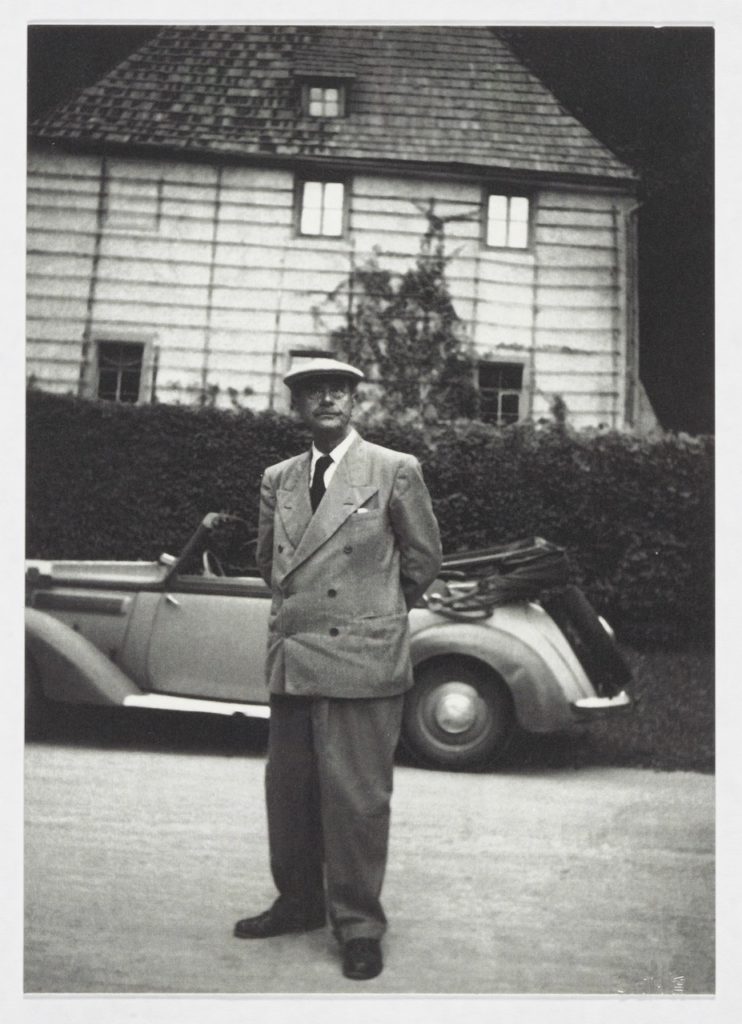
…
All Contributions “Germany and the Germans”Read More »
must read, must watch, must see, all beautifully displayed: https://t.co/0LS1AGPSdn#MutuallyMann
— Marcus Willand (@Marcus_Willand) December 3, 2020
The critique of Thomas Mann’s »Germany and the Germans« is so predictable that one involuntarily wants to go in defense. Mann argues without historical distance, unprotected, as a contemporary observer. Today's readers, critics in particular, should take this into account. https://t.co/yYUs1ctMYz
— Transatlantic Literary History (@transatlit_WWU) December 3, 2020
"German misfortune is only the paradigm of the tragedy of human life".
— Valentina (@Valentinaswords) December 3, 2020
Worth reading, I enjoyed it too.
Good point about the false homogeneity of "the Germans" – Mann derives the 'German metaphysics of politics' from Luther, but doesn't concede there was in 1945 a religious minority in Germany to whom this Lutheran worldview must have been alien. They're called Roman Catholics.
— Casey Creel (@noccaguy) December 3, 2020
hierzu Baring 1991: ‚Es deutet sich ein neuer deutscher Größenwahn an – der moralische Größenwahn. Wir glauben, weil wir die Erfahrung des Nationalsozialismus hinter uns haben, seien wir aufgeklärter und über verantwortungsvolles Verhalten deutlicher im klaren als andere Völker‘
— Clara von Bismarck-Osten (@claravobi) December 3, 2020
An evasive Mann. Incisive, brief commentary on Thomas Mann's famous essay, "Germany and the Germans"#MutuallyMann #thomasmann #Germany #Germans @TheGSA https://t.co/dgmp0rhCr1
— Helmut Smith (@SmithHelmut) December 3, 2020
Maria Exner Bringing Together the Threads of #MutuallyMann
Thomas Mann Fellow Maria Exner, deputy editor-in-chief at Zeit Magazin, brings together the threads of #MutuallyMann in her video commentary. Following Olga Grjasnowa, she emphasizes the topicality of Thomas Mann’s critique of a nationalist concept of freedom. Taking up Max Czollek’s contribution, she underscores the importance of acknowledging and promoting the long history of German diversity. And with Alex Ross she sees Mann’s essay as a current call for political self-assessment.
…
Maria Exner Bringing Together the Threads of #MutuallyMannRead More »
“Evasive Depth: Germany and the Germans” by Meike G. Werner
German Studies Scholar Meike G. Werner on Tilman Riemenschneider, Eduard Berend and the fate of political persecution.

…
Evasive Depth: Germany and the Germans by Meike G. WernerRead More »
Sincerity and Modesty: A Plea for Hermeneutic Fairness by Kai Sina
Literary Scholar Kai Sina gives a incidental comment on Mann’s “Germany and the Germans” in light of historical research – and a plea for hermeneutic fairness.
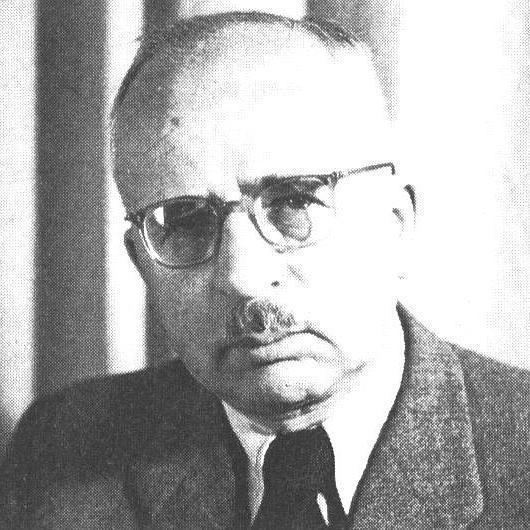
…
Kai Sina: Sincerity and ModestyRead More »
„Man hat zu tun mit deutschem Schicksal…“[262]
— Klaus Pohlmann (@KlausW_Pohlmann) December 1, 2020
„For anyone who was born a German does have something in common with German destiny …“ [48]#ThomasMann#GermanyAndTheGermans#MutuallyMann #Mann2020 @ThomasMannHouse pic.twitter.com/WTFDfSFbAM
I’m not sure what to make of Mann’s invocation of grace in the first and last paragraph. Religious undertones? Good will? Mercy? Is grace the only possible translation for “Gnade” in these contexts? #MutuallyMann
— Roberto Ignacio Díaz (@robertissimus) December 2, 2020
In the seclusiveness of the German there was always so much longing for companionship; indeed at the bottom of the very loneliness that made him wicked was always the wish to love and be loved…#MutuallyMann #Mann2020 #ThomasMann #GermanyAndTheGermans pic.twitter.com/iw0hQ2P48y
— Paper Pills ريم 📚 (@ReemK10) December 2, 2020
Mann is obviously speaking about the Nazis, but I wonder if it is also a bitter pill he hid in the text for US listeners? In 1945, segregation was alive and well in many US States. #MutuallyMann pic.twitter.com/htIV2Jgfce
— Verena Hutter (@HutterVerena) December 1, 2020
On #ThomasMann, #GermanyAndTheGermans a short view of @jagodamarinic and she is reading …
— Klaus Pohlmann (@KlausW_Pohlmann) December 2, 2020
…. #Liberty, in a political sense, … [56] (Thread)#MutuallyMann @ThomasMannHouse https://t.co/DETe19JXmq
…the story of German “inwardness”…should convince us of one thing: that there are not two Germanys, a good one and a bad one, but only one, whose best turned into evil through devilish cunning. Wicked Germany is merely good Germany gone astray.
— David Reader 📚🐳 (@ThepaleUsher) December 2, 2020
#MutuallyMann
Juan Guse: Where and How to Begin?
Writer Juan Guse puts Mann’s essay on trial and states in his contribution: It did not age well. Whether it is the cultural essentialism or the way Mann deals with the Shoa, does Germany and the Germans withstand a critical reading from today’s perspective?
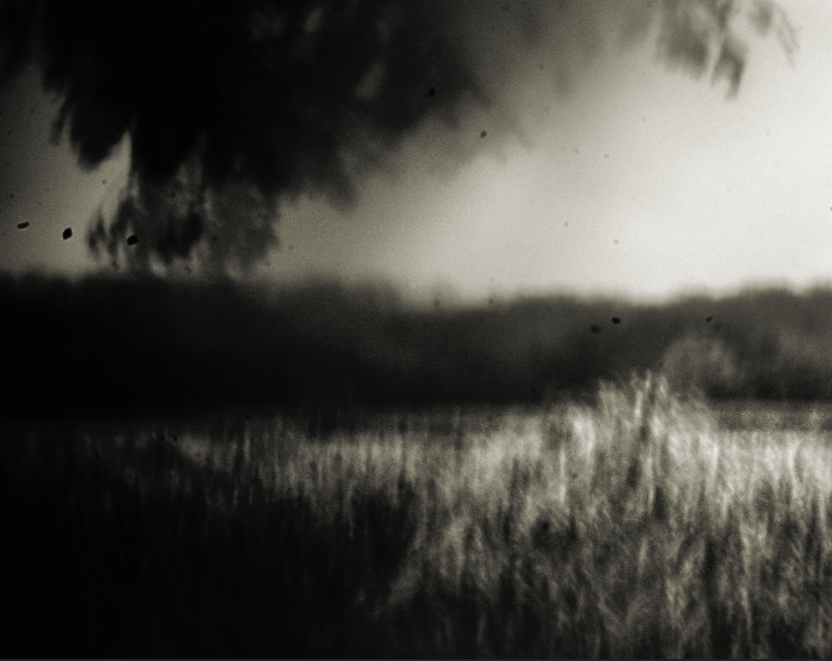
…
Where and how to beginn? Juan GuseRead More »
„Thomas Mann connects the two narratives about execeptionalism of the USA and Germany…. Germans even feel superior even when being self-critical“ I so enjoyed Mann for #MutuallyMann. The full video can be found on Instagram @ThomasMannHouse.
— Jagoda Marinić🏅 🍓 (@jagodamarinic) December 2, 2020
pic.twitter.com/6u2vutO9RN
Jagoda Marinić on German Feelings of Superiority
Novelist, playwright and journalist Jagoda Marinić asks if there is a German feeling of moral entitlement through self-criticism?
…
Jagoda Marinić on German Feelings of SuperiorityRead More »
Olga Grjasnowa on why “Germany still wrangles with the Concept of Nation”
Writer Olga Grjasnowa asks: “Who has the right to belong to the German nation and who does not?”

…
Olga Grjasnowa on why Germany still wrangles with the concept of nationRead More »
Stefan Keppler-Tasaki on the Irony of “Germany and the Germans”
German Studies Scholar and Thomas Mann House Fellow Stefan Keppler-Tasaki (University of Tokyo) focuses on the role of irony and raises the question as to whether “German” could also be read as a code for “American.”

…
Stefan Keppler-Tasaki on the Irony of “Germany and the Germans”Read More »
Hi @rubenmcloop thank you so much for this super important intervention! In 1914, Mann notoriously joined the war enthusiasm with an apology of war by calling it an art… how's your concept of 'militant art' different from his association of art and militarism? tysm!!
— Comax (@cmattner21) December 1, 2020
You say it is our task "not to create this clean dividing line between the good and the bad… it is all within me." Populist movements refuse to accept that ambiguity. Does Mann's analysis also apply to today's politics?
— MChoblet (@MChoblet) December 1, 2020
Very interesting talk by Professor Vaget. Listening to him, I’m reminded of other essays about national psyches, such as Octavio Paz’s “El laberinto de la soledad” or Eduardo Mallea’s “Historia de una pasión argentina”… #MutuallyMann
— Roberto Ignacio Díaz (@robertissimus) December 2, 2020
“Becoming German through Goethe” by Veronica Fuechtner
Veronica Fuechtner, German scholar at Dartmouth College, on the Brazilian roots of the Mann family and the writers’ sense of belonging.
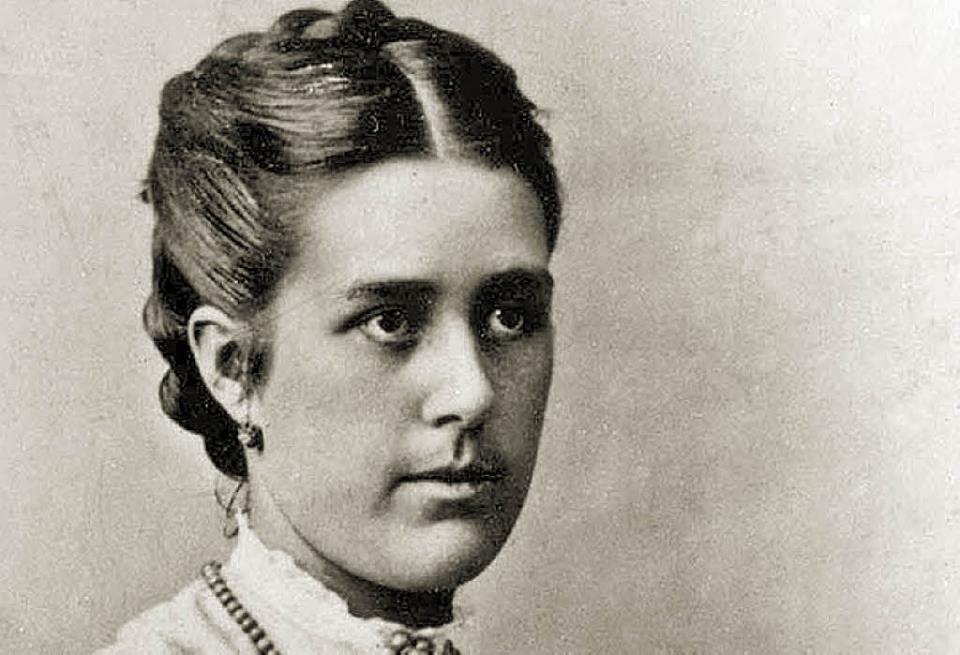
…
Veronica Fuechtner Becoming German through GoetheRead More »
Alex Ross on Thomas Mann’s Personal and Collective Self-Examination
Alex Ross takes a closer look at how Mann’s self-examination and the questioning of his fellow Germans are intertwined in the essay. He is a music critic of The New Yorker and author of The Rest Is Noise: Listening to the Twentieth Century and Wagnerism: Art and Politics in the Shadow of Music.
…
Alex Ross on Thomas Mann’s Personal and Collective Self-ExaminationRead More »
“Gnade aber ist immer erstaunlich und unerwartet. Wer sie erfährt, glaubt zu träumen.“
— Style minds (@style_minds) November 30, 2020
Thomas Mann#MutuallyMann
#MutuallyMann one of the things I love about Mann is how funny he can be in the most unexpected places. pic.twitter.com/MgPqt3brvD
— Verena Hutter (@HutterVerena) November 30, 2020
Just listened to an online recording I found of Thomas Mann's Germany and the Germans speech and went looking for the text and found #MutuallyMann ! mind totally blown. I am in sync with universe today
— Benjamen Walker (@benjamenwalker) December 1, 2020
Without question, his concept of democracy is ambivalent. The "Betrachtungen" is a profoundly anti-democratic book. However, democratic tendencies can be found even before 1918, for example in "Königliche Hoheit". His commitment to the republic was in "Von deutscher Republik".
— Roman Seebeck (@RomanSeebeck) December 1, 2020
The @ThomasMannHouse invited me to read the 1945-essay "Germany and the Germans" by Thomas Mann. Its a great & inspiring read. However Mann's self-critique remains within the scope of a hegemonic framework making the presence of the Others of German Culture and history invisible. https://t.co/ecw2DQBFl1
— max czollek (@rubenmcloop) December 1, 2020
Max Czollek on a “Germany of the Others”
Day 2 of #MutuallyMann starts with poet and writer Max Czollek and his powerful statement on how to embrace a marginalized “Germany of the others.”
…
What is the reason for this date? It‘s different to all others mentioned in that great questionaire. pic.twitter.com/6VnyIQv1Cj
— Klaus Pohlmann (@KlausW_Pohlmann) November 30, 2020
Insights into the typescript of “Germany and the Germans” by Katrin Bedenig
A particularly interesting version of the speech typescript for “Germany and the Germans” has been preserved in the Thomas Mann Archive of the ETH Zurich (TMA). Katrin Bedenig, Director of the TMA allows us an exclusive glance at the typescript and gives us here an insight into two pages that make Thomas Mann’s working process directly comprehensible.
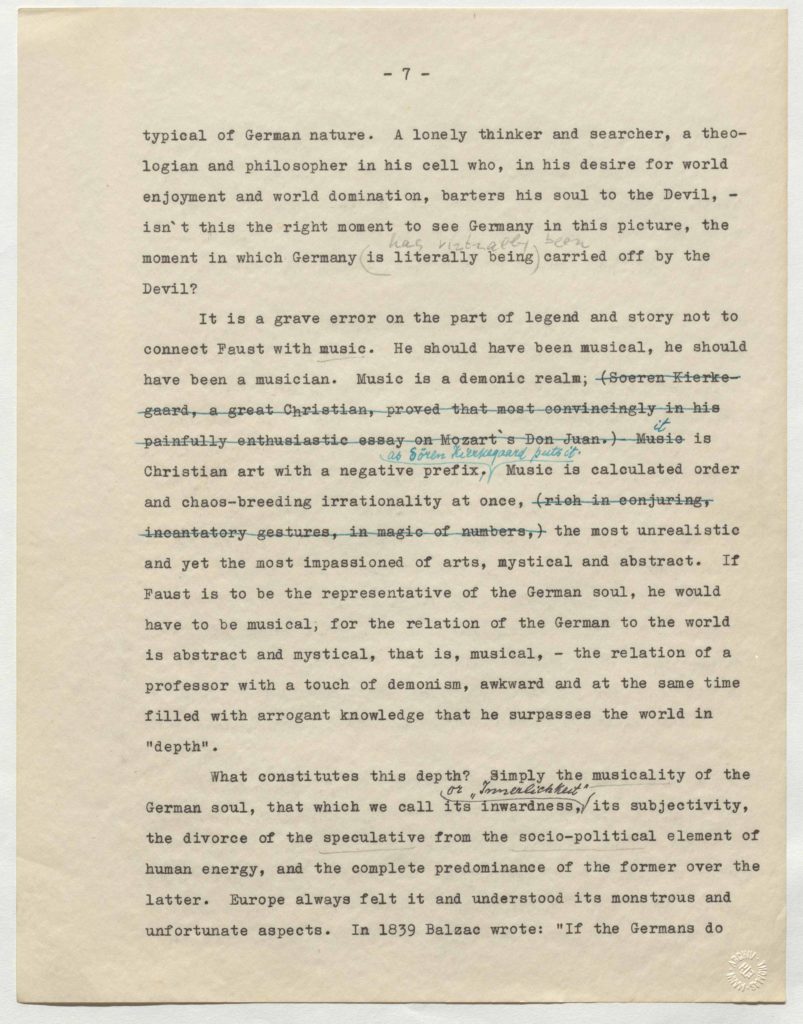
…
Bedenig TM Archive TyposcriptRead More »
David B. Morris on Thomas Mann & The Library of Congress
David B. Morris, German Area Specialist at the Library of Congress (LC), takes a closer look at Thomas Mann’s relationship with the library in Washington D.C. Mann was appointed a German literature consultant and fellow in 1941 and visited the LC on a regular basis.

…
“Thomas Mann & The Library of Congress” by David B. MorrisRead More »
NDR Kultur on #MutuallyMann
"Thomas Mann's speech under the magnifying glass:" @ndrkultur just broadcasted a feature on our #MutuallyMann initiative, interviewing Program Director @NikolaiBlaumer and Roland Spahr (@rolsp), lector at @_s_fischer.
— Thomas Mann House (@ThomasMannHouse) November 30, 2020
Listen here (in German)📻▶️https://t.co/1RWDrMTLFh
As someone who comes from Lake Constance, I can relate to this feeling. pic.twitter.com/D8gUaPFBiv
— Verena Hutter (@HutterVerena) November 30, 2020
I am deeply moved by the opening words of “Germany and the Germans”- I cannot even imagine the relief of people in exile after WWII.#MutuallyMann
— Verena Hutter (@HutterVerena) November 30, 2020
A Questionnaire by Roman Seebeck
German studies scholar Roman Seebeck put together a very helpful questionnaire for the first day of #MutuallyMann! When and where was the essay written? Who was involved in the creation of the text and which sources did Thomas Mann use?

…
Questionnaire by Roman SeebeckRead More »
Was there ever a great writer whose relationship to his own country was as anguished as that of #ThomasMann with Germany?https://t.co/heppdOCnBv#MutuallyMann #Mann2020 #GermanyAndTheGermans pic.twitter.com/mvpQsxK9VX
— Paper Pills ريم 📚 (@ReemK10) November 30, 2020
"Politics has been called the “art of the possible,” and it actually is a realm akin to art …" #ThomasMann#MutuallyMann #Mann2020 #GermanyAndTheGermans pic.twitter.com/8KJtBgYynX
— Paper Pills ريم 📚 (@ReemK10) November 30, 2020
Key points:
— Sreejith Sugunan 📚 (@SreejithSugunan) November 30, 2020
1. The speech helps understand Mann at 3 levels.
2. At the literary level, the text is an extension of Chapter 24-25 of Doctor Faustus and can be read as an interrogation into the faustian ambitions of the novel's central character Adrian Leverkühn.
»A profound soul-searching.« Watch Hans Rudolf Vaget’s illuminating commentary on Thomas Mann’s »Germany and the Germans.« #MutuallyMann https://t.co/C7BTNfzetf
— Transatlantic Literary History (@transatlit_WWU) November 30, 2020
“Liberty, in a political sence, is primarily …“#MutuallyMann#Mann2020#ThomasMann @ThomasMannHouse
— Klaus Pohlmann (@KlausW_Pohlmann) November 30, 2020
Germany and the Germans pic.twitter.com/je2WJ1Bggb
Germany and the Germans
— Klaus Pohlmann (@KlausW_Pohlmann) November 30, 2020
… like a hypertext of Doctor Faustus … as Hans Vaget says … https://t.co/9njgIWiC8z
Introduction to #MutuallyMann #Mann2020#ThomasMann @ThomasMannHouse
Yes, let’s start the new #MutuallyMann season with Hans’ well-informed introduction! So curious about all the other contributors. https://t.co/h4iUgLxQX3
— Roland Spahr (@rolsp) November 30, 2020
Hans Rudolf Vaget on “Germany and the Germans”
Let’s get started with #MutuallyMann! The first contribution comes from literary scholar Hans Rudolf Vaget. During a visit at the Thomas Mann House, the renowned Mann expert gets the discussion going by reporting on the significance and the role of Thomas Mann’s essay “Germany and the Germans” for post-war Germany as one of the very first attempts to honestly confront the question: How could Nazism happen in Germany?
…
Hans Rudolf Vaget on “Germany and the Germans”Read More »
… and in german language too … #mutuallyMann #Mann2020 #ThomasMann @ThomasMannHouse pic.twitter.com/7qnN1SBY3v
— Klaus Pohlmann (@KlausW_Pohlmann) November 29, 2020
Im Internet-Format #mutuallyMann stellt das @ThomasMannHouse die 1945 gehaltene Rede „Deutschland und die Deutschen“ zur Diskussion. Nach der amerikanischen Präsidentenwahl ist das Muster von Manns nationaler Selbstprüfung so aktuell wie damals. https://t.co/x8sCBPzPlQ
— Frankfurter Allgemeine gesamt (@FAZ_NET) November 25, 2020
@ThomasMannHouse my copy has arrived! Ready for a second round of #mutuallyMann pic.twitter.com/nG9YFPaD6R
— Verena Hutter (@HutterVerena) November 20, 2020
I’m ready!
— David Reader 📚🐳 (@ThepaleUsher) November 18, 2020
Thanks to @ThomasMannHouse pic.twitter.com/Ay02RofKzc
We are delighted to be part of the second round of the interactive #MutuallyMann format by @ThomasMannHouse. Join us in reading and discussing Thomas Mann's essay »Germany and the Germans«! https://t.co/3lasWNWJ9d
— Transatlantic Literary History (@transatlit_WWU) November 17, 2020
Hello #booktwitter Let's take part in the #MutuallyMann interactive reading experience reading Thomas
— Paper Pills ريم 📚 (@ReemK10) November 16, 2020
Mann's essay "Germany and the Germans" from November 30 to Dec 2nd with the @ThomasMannHouse! Let's do this! #Mann2020 ❤ if you're interested! Read here:https://t.co/oj66eGG9Cp pic.twitter.com/tiC36XfbTx
Join us and @_s_fischer for the second edition of our interactive reading experience #MutuallyMann! From November 30 to December 2, 2020, we invite readers from all over the world to read Thomas Mann’s essay "Germany and the Germans" with us. More info ➡️: https://t.co/qHLYFhxzIQ pic.twitter.com/znagg7Ja0q
— Thomas Mann House (@ThomasMannHouse) November 16, 2020
#MutuallyMann – All Contributions
One week of our virtual reading initiative comes to an end.
We would like to thank you all for the inspiring and creative contributions. We collected the texts and videos here, so you can get a better overview and look through them again. Also, many many thanks to everyone who posted, commented and discussed with us over the last week.
We hope you all found as much pleasure in reading and analyzing “Mario and the Magician” together as we did! Enjoy…
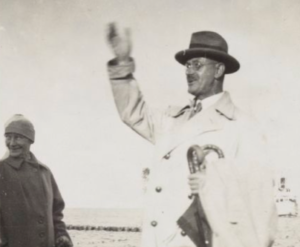
…
#MutuallyMann – All ContributionsRead More »
Initiators
Thomas Mann House, a residency center and space for transatlantic debate in Los Angeles, California.
Learn more

S. Fischer Verlag, publishing house and publisher of Mann’s work in Germany, Frankfurt am Main.
Learn more